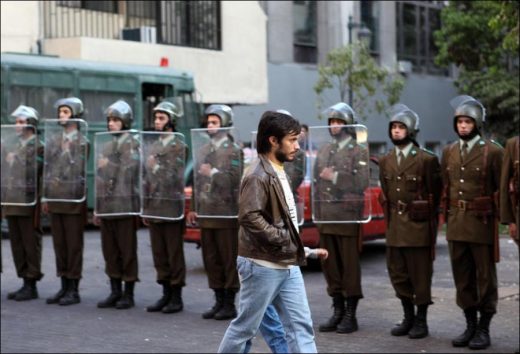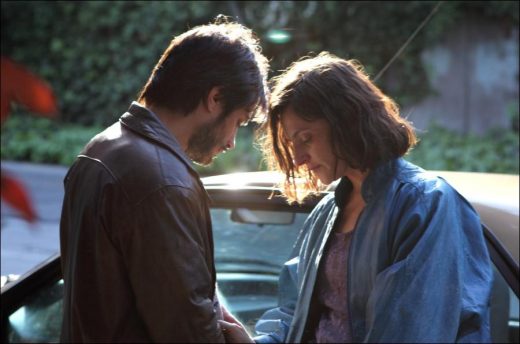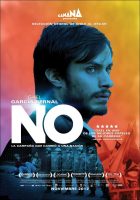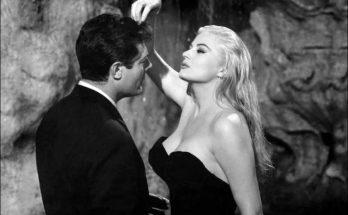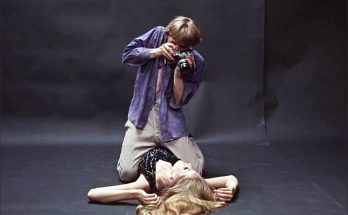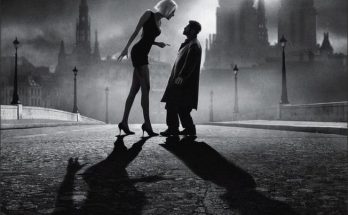No movie review. Salvador Allende, the first Marxist president to come to power by election on November 4, 1970, was overthrown on September 11, 1973 and chose suicide by refusing to surrender as a result of the intervention of the US administration, which could not be a spectator to become Chile’s communist.
With the help of hundreds of CIA experts, General Augusto Pinochet, who was the dictator of the coup and abolished the constitution, ruled and ruled the country until March 11, 1990. In Chile, the laboratory of neo liberals, it is natural that the typical skills of a dictatorship were exhibited: those who were unjustly arrested, tortured, disappeared, exiled, killed. Pressure, violence, intimidation!
Isn’t it so familiar here?
Born in the third year of the dictatorship, director Pablo Larraín highlighted the severity of the dictator with the stalemate of a middle-aged serial killer trying to become famous by imitating John Travolta in his first movie of his trilogy, “Tony Manero” (2008). In “Santiago 73, Post Mortem” (2010), it reflected the cold face of the coup, when the morgue worker, who desperately fed a dancer, hit the political reality.
“No”, the last of the trilogy, focuses on the campaign process after Pinochet’s decision to hold a referendum on whether the dictators will remain or not, with the pressure of international powers who believe that the dictators have expired (1988). The most favorable climate for democracy and full capitalism is that the anti-dictative coalition brings a star-bright advertiser to the beginning of the campaign, as the “no” votes come out high and Pinochet goes or gets stuck in a narrow space. In other words, Pinochet, who overthrew the first socialist leader Allende, who came to power by election in the Western Bloc, becomes the first dictator who has to go with a referendum: With the ingenuity of advertising, one of the powerful tools in the functioning of capitalism.
Filmmaker Larraín mirrors the recent history of his country in “No”, based on Antonio Skarmeta’s play inspired by real people and events. The character of young and successful advertiser René Saavedra is a combination of two influential “charities” of the time. There is an idea in the heart of the film that Saavedra fires and activates social dynamics in the campaign, which is seen to be lost in the heart of dictators’ tricks. The idea is to revive the dreams of each citizen and to emphasize happiness, especially on television screens that have been given the right to take advantage of the campaign for fifteen minutes every day.
Have you ever seen a pessimistic advertisement that defamed the rival product? The idea of reaching happiness with positive meanings and connotations for everyone is more than an opportunity to transition to democracy in a spirit of unity and solidarity! Saavedra, which has the biggest share in the end of the dictator with this idea, is similar to the characters we know from Hollywood films that make a difference despite everyone around them. Verónica (the real-life wife of Pablo Larraín’s wife Antonia Zegers), whose opposition ex-wife and child’s mother, who is often harassed by the police, do not believe her … But it’s an idea; just one idea plays an important role in the fate of his country.
Moving from this point, we can say that even though the end of the referendum is clear, the “No” that the spread of this idea is excited has a rhythm that can be counted quickly. And this rhythm does not interfere even for a second in about two hours. The director has achieved a complete reality in the film, where he also worked with the analog U-matic video camera, the technology of 1988. By constructing his style with images such as real spot, news, etc., he had a full sense of campaign rhythm with flash bursts, glows, and some images that could be considered distorted.
And Gael García Bernal: Chile’s Oscar-nominated “No” in the “Best Foreign Language Film” category, like its character, is a dynamo actress. While it is about selling a product, not politics, it interprets René Saavedra, who turned towards a political stance with the campaign, in nuances; he raises his scenes with energy; he puts his intellectual knowledge into the character he portrays …
In “No”, one of the valuable movies of the year, I would like to draw attention to a detail. The opposite party who wants to spot the “Yes” (Sí) campaign cannot find a significant artist to play; because almost all the artists say “No!” Campaign is!
Conclusion: Dictator Pinochet lost with a rate of 44.01% and died at the age of 91, despite trials against him!
Conclusion: After the Pinochet in 1990, Chile, 20 years left, was finally elected a capitalist president, Sebastián Piñera, in 2010.
No (2013)
Directed by: Pablo Larraín
Starring: Gael García Bernal, Luis Gnecco, Néstor Cantillana, Alfredo Castro, Elsa Poblete, Sergio Hernández, Manuela Oyarzún, Amparo Noguera, Paloma Moreno, Jaime Vadell
Screenplay by: Pedro Peirano
Cinematography by: Sergio Armstrong
Film Editing by: Andrea Chignoli
Costume Design by: Francisca Román
Set Decoration by: María Eugenia Hederra
Music by: Carlos Cabezas
MPAA Rating: R for language.
Studio: Sony Pictures Classics
Release Date: February 15, 2013
Visits: 57
